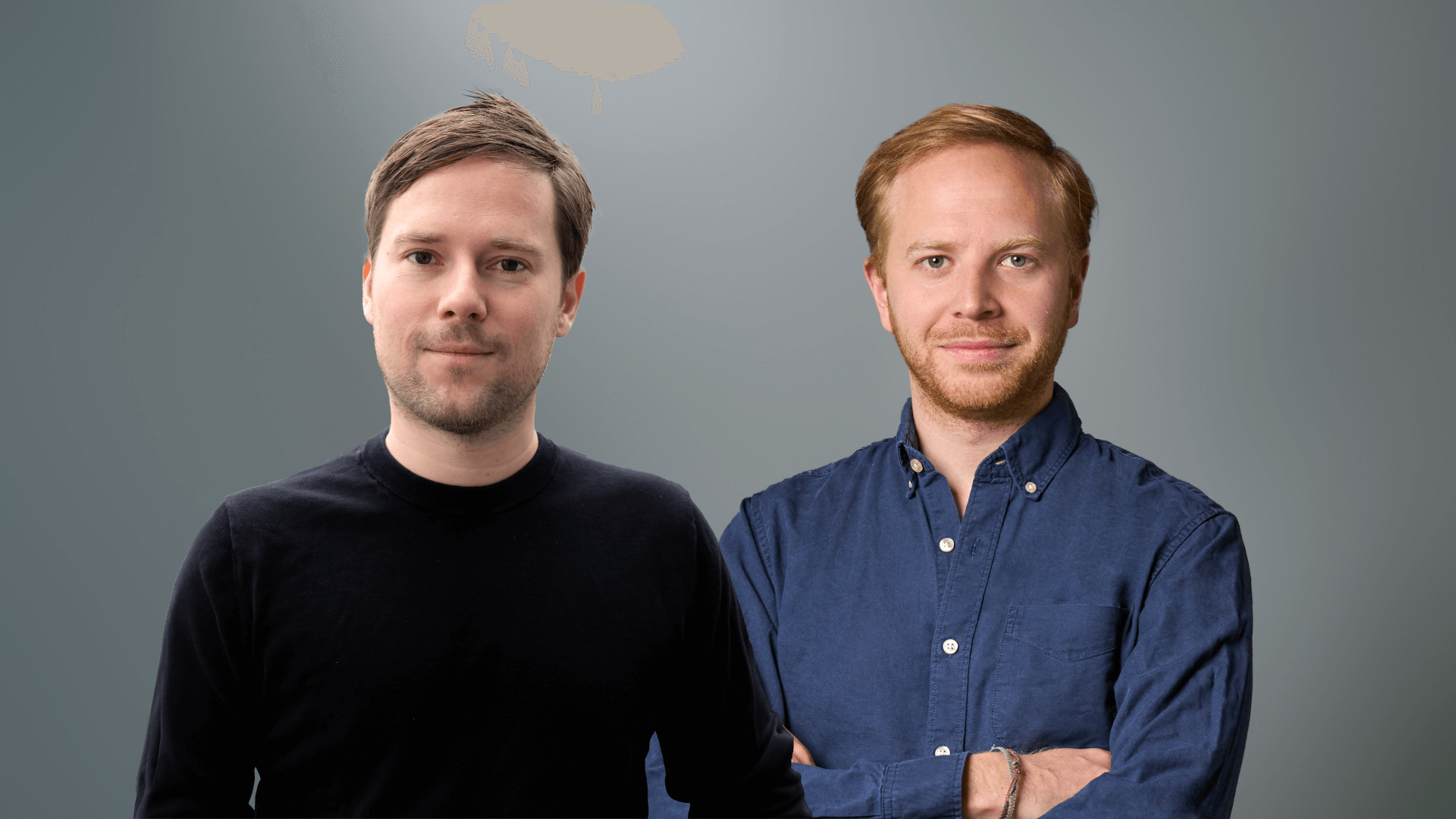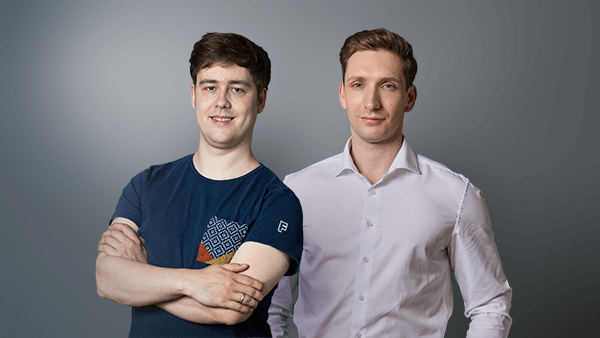Simone Menne in conversation: “We need to get back to basics again”
Simone Menne is one of the most important voices on the subject of innovation in Germany. She has a really good understanding of the business landscape in this country. Having previously held roles as CFO of Lufthansa and Boehringer Ingelheim, today she is an active member of multiple supervisory boards and shares her expertise with a wide audience. She will also be the keynote speaker at High-Tech Gründerfonds’ Family Day taking place on 9 and 10 May in Bonn. Ahead of the event, we sat down for a chat about innovation, disruption and having the right focus.
Ms Menne, the title of your talk at Family Day is: “The new order of innovation in Germany”. What is the situation regarding innovations within companies?
There is a lot of innovation at major companies. New solutions are regularly being produced, discovered and improved upon. But this type of innovation is not very visible and rarely disruptive.
OK, let’s just touch on the aspects of visibility and disruption. In terms of visibility, why does innovation tend to occur behind the scenes and out of public view?
There are many reasons for this. One is the need to be discrete – to ensure that not too many people find out about what you’re working on. Another reason is fear – that the innovation might not work. In this instance, it is about minimising your own risk.
Is it a problem that innovations at large companies tend not to be seen by the outside world?
No, not at all. Those seeking to innovate need to exchange with others and share knowledge with the right people. If companies build a barrier of silence around them, then that will become a problem at some point. But larger companies can overcome these barriers internally. They are ultimately big enough to have colleagues that would also challenge somebody like me.
You mentioned the idea of “disruption”. Why are innovations within companies rarely disruptive?
We’re great innovators when it comes to things we do well. Take the example of the electric engine in the automobile industry, for instance. Germany’s car manufacturers jumped on this disruptive innovation later than others. But now we’re very good at catching up. We tend to build better electric engines than our international competitors. We also have the capability of building ever-improving battery technology. We can be very innovative. But we rarely call our own business models into question.

Why is that? Why do we challenge ourselves all too rarely?
Because we have been very successful over the last 30 years in Germany. And as can be seen currently, we can still be very successful even in challenging times. But our business models tend not to be sustainable and are shrinking. In order to grow, you have to allow for disruption. And that’s something we’re not good at in Germany.
If we are to believe the findings of studies such as the Global Innovation Index, Germany is not among the leaders of innovation. What do we have to do to redress this issue?
We need to get back to basics urgently. And by that I mean education and infrastructure. If we can invest here and successfully teach the next generation how to develop things and simply give it a go, then this will also have a long-term impact on the innovative capacities of our companies.
Can start-ups lend a helping hand?
Absolutely! Start-ups are almost always disruptive and often have new ideas. The challenge lies in establishing a foothold when cooperating with companies. “Not invented here” continues to be a popular mantra among many companies. This means that many are not open to accepting new ideas if they haven’t been developed in-house.
How would you describe the start-up ecosystem in Germany?
I’ve learnt that there isn’t one single start-up ecosystem in Germany. Each regional scene is slightly different. I myself come from Kiel, where young companies are very active and successful in the field of future energy sources. In Munich, however, there is a completely different focus. It is important for start-ups in general to know what the optimal environment for their business is. And to set up shop wherever that best ecosystem may be.
What do start-ups need to do to collaborate successfully with companies?
Start-ups need to be well prepared. They need to find out exactly what solution they have to offer for which problem and for which challenge within companies. Many start-ups overreach with their ideas, creating solutions that established companies simply do not need.
What advice would you give to start-ups?
Be active and build up a network. Start-ups should know their industry inside out. And also find the right people. It is not typically the executive board that the start-up has developed a solution for, but rather another – potentially smaller – unit within a company.
What do you expect from an event like Family Day?
That start-ups, companies and investors have the chance to come together. Events such as Family Day are a fantastic platform to address the needs of start-ups. But it is also an opportunity to open the eyes of companies. They have the chance to witness the drive of young entrepreneurs in person and identify which mechanisms they might require. I’m really looking forward to meeting everyone there.


